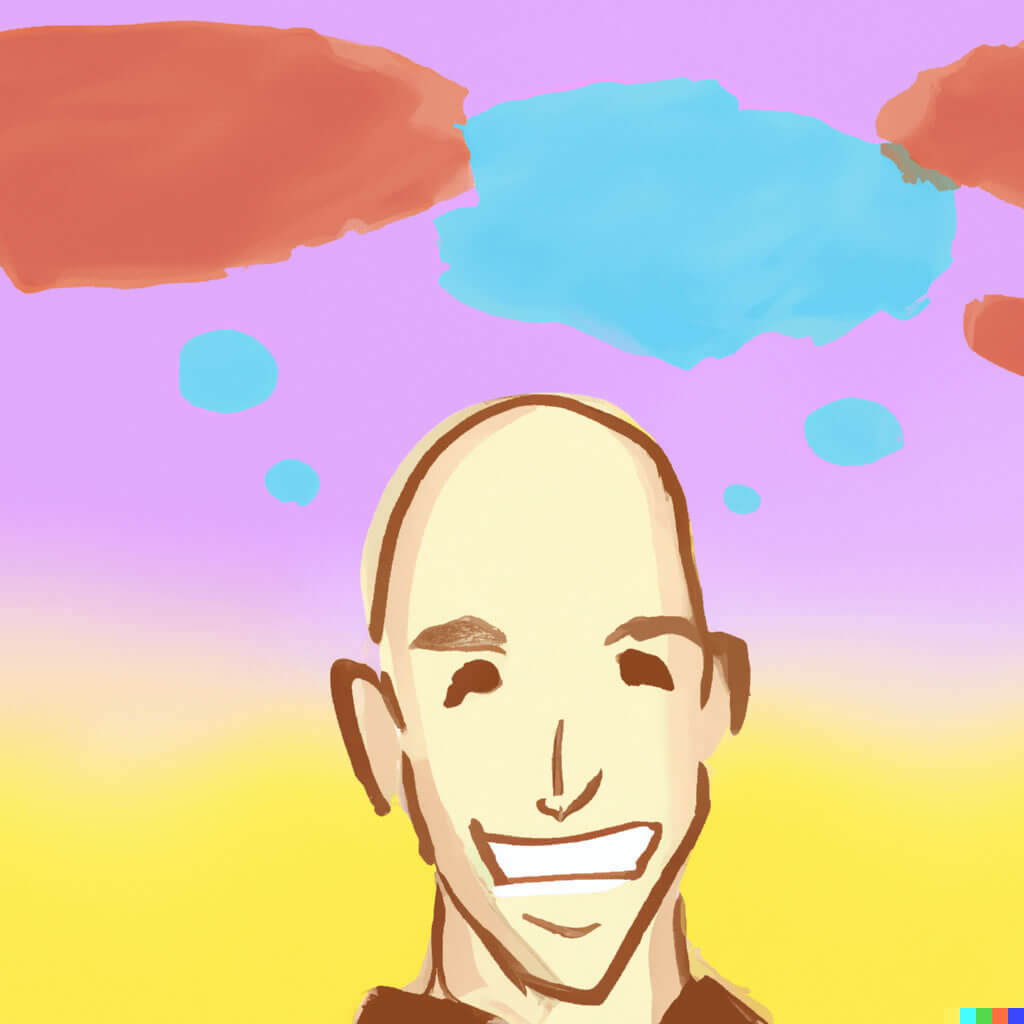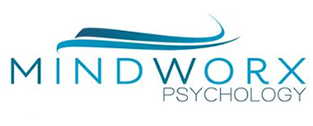Type of Therapy we Offer
Client Centred Therapy
When it comes to therapy, we believe a client centred approach is the best option amongst the many different therapeutic approaches to choose from and the types of therapy we offer.
We know that clients want to work with a therapist who listens. We recognise the need for authenticity and a genuine connection in order for therapy to be successful.
We recognise that some of our clients are looking for a safe place to explore and share their story and experiences. Others are looking for a solution driven approach and practical skills for meaningful change. Clients present for help with relationship challenges, to beat anxiety, or to recover from depression.
Some of our clients are neurotypical, and others are neurodiverse – we know that one size does not fit all.
That means we value a client-centred approach. A client centred approach simply means we tailor therapy to the unique needs each individual client. This approach allows our therapists to use the latest research and science of psychology in a way that best serves our clients.
At Mindworx Psychology, each of our clinical team is well-versed in counselling skills and in cognitive-behavioural therapy (CBT). These are the foundations in many therapies, which often forms the beginning of therapy for new clients. But in addition to counselling skills and being skilled at CBT, many of our team also have training in a range of other therapies.
We are passionate about helping clients, and our training never stops. Some of our therapy approaches can take additional years of training, and in some cases may require accreditation – such as EMDR.
We love that each therapy approach has its own unique set of techniques and strategies. These empower us to help individuals work through specific challenges and improve their overall well-being. Some of the most popular and well-researched approaches include cognitive-behavioural therapy (CBT), narrative therapy, acceptance and commitment therapy (ACT), dialectical behaviour therapy (DBT), and eye movement desensitization and reprocessing (EMDR).

Cognitive-behavioural therapy (CBT) is a type of therapy that is helpful for adults and children focuses on the connection between thoughts, feelings, and behaviours. CBT helps individuals identify and change negative thought patterns and beliefs that contribute to their problems. It is often used to treat conditions such as anxiety, depression, and post-traumatic stress disorder (PTSD).
Psychologists have used CBT for several decades. It has been extensively researched and found to be effective for a wide range of mental health conditions such as depression, anxiety, and PTSD among others. It’s now considered a “gold standard” treatment for many conditions.
CBT is very skills based. Relapse prevention is an important part of CBT and is used to help the client develop skills to maintain the changes in behaviour achieved during therapy. This may include identifying triggers, developing coping strategies, and creating an action plan for dealing with setbacks.
Acceptance and Commitment Therapy (ACT)
Acceptance and commitment therapy (ACT) is a type of therapy that emphasizes the importance of accepting one’s thoughts and feelings without judgment, while committing to taking action towards a valued life direction. It is a mindfulness-based approach that helps people develop psychological flexibility and improve their overall well-being. ACT is often used with teenagers and adults to treat conditions such as anxiety, depression, and chronic pain.

Dialectical Behaviour Therapy (DBT)
Dialectical behaviour therapy (DBT) is a type of therapy that combines cognitive-behavioural techniques with mindfulness and acceptance strategies. DBT is often used to treat individuals with borderline personality disorder (BPD) and other conditions that involve intense emotions and impulsive behaviours. It helps individuals learn to regulate their emotions, improve their relationships, and develop a sense of self-worth. DBT therapy is often helpful for teenagers and for adults.
Eye Movement Desensitization and Reprocessing (EMDR)
Eye movement desensitization and reprocessing (EMDR) is a type of therapy that helps individuals process and heal from traumatic events. It involves recalling a traumatic event while engaging in guided eye movements, sounds, or taps. EMDR is often used to treat conditions such as PTSD, anxiety, and depression, and is used with clients across the lifespan.
Schema Therapy
Schema therapy is a form of psychotherapy that combines elements of cognitive-behavioural therapy, object relations theory, and gestalt therapy. It is used to help individuals overcome long-standing patterns of negative thoughts, feelings, and behaviours that are causing distress in their lives.
Suitable for older teens and adults, schema therapy can help individuals with various psychological issues, such as borderline personality disorder, depression, anxiety disorders, and relationship problems. A longer term therapy, schema work can be of great benefit for clients who have had limited success with other forms of therapy.
Parts or Ego States Therapy

Parts or ego state therapy is a type of psychotherapy that is based on the idea that a person’s psyche can be divided into multiple sub-personalities or “parts,” each with its own distinct feelings, thoughts, and behaviours. This approach views the different parts as having different needs and goals, and often as being in conflict with one another.
In therapy, the therapist works with the client to identify and understand these different parts and their role in the client’s life. The goal is to help the client integrate these parts, reduce internal conflict, and promote a more harmonious and functional sense of self. This type of therapy is often used to help individuals who struggle with emotional regulation, self-esteem issues, relationship problems, and other psychological difficulties.
There are many different modalities and therapy approaches – the above is not an exhaustive list!
Our team enjoy using a client centred approach, and as many of us have training and/or accreditation in a number of different therapeutic modalities such as cognitive-behavioural therapy and psychodynamic therapy, we are able to adapt and flex treatment to the individual needs and preferences of our clients.
This allows us to use the most effective strategies from multiple sources in order to achieve the best outcome.
It’s important to remember that different types of therapy have their own unique set of benefits, and can be effective in treating different types of conditions. During your first sessions we talk with you to determine which approach may be the best fit for you.
Ready for change? We are ready to help.

Our Location
Suite 206, 10 Century Circuit, Norwest Central, Baulkham Hills, NSW 2155
Fees & Insurance
You do not need a GP referral to book an appointment at Mindworx Psychology.
Medicare Rebates are available if you have a valid referral from a GP, Psychiatrist or Paediatrician.
Your Private Health Fund may offer cover for Psychology Services – you can check this directly with your fund.
